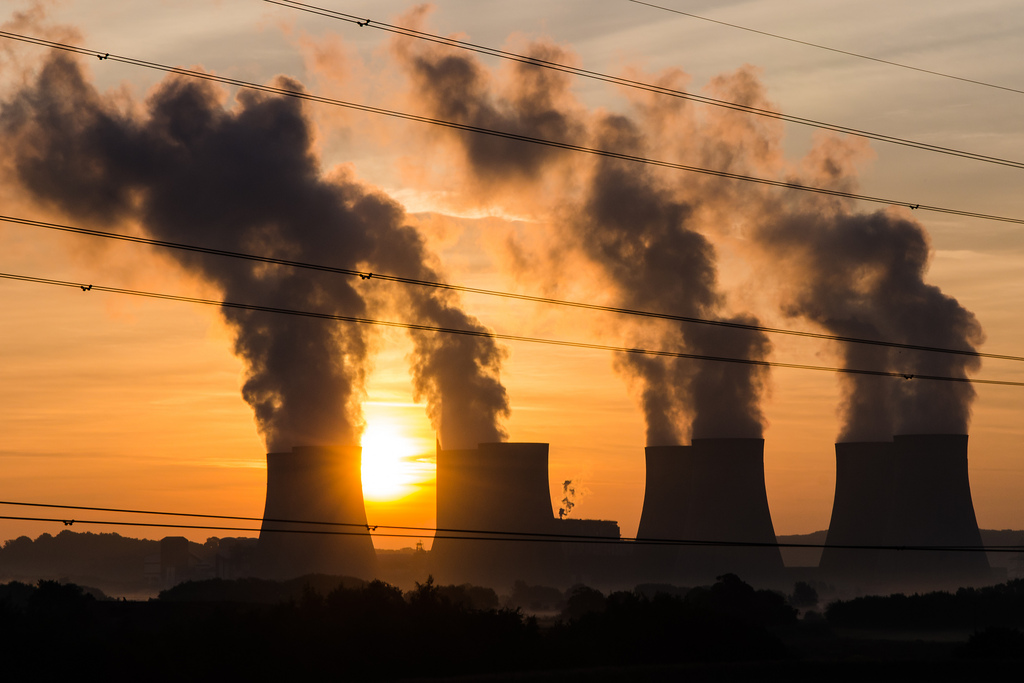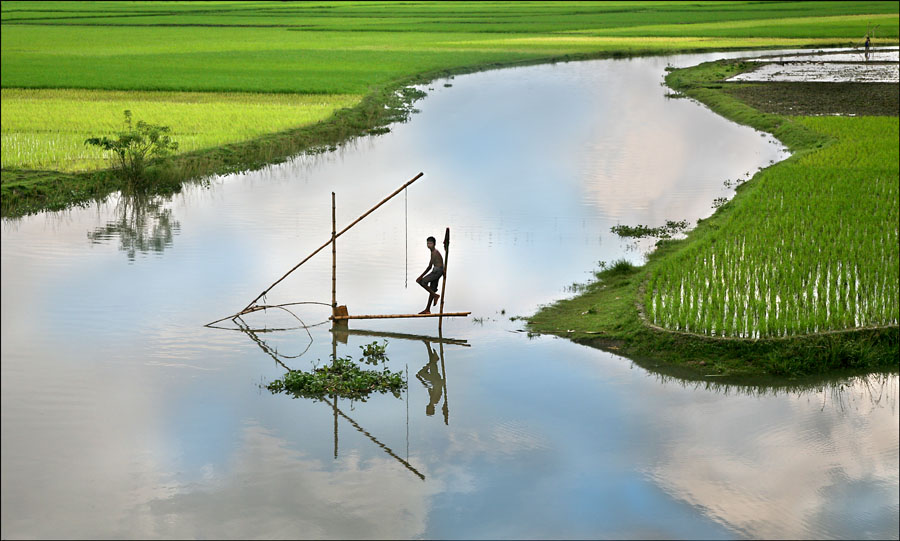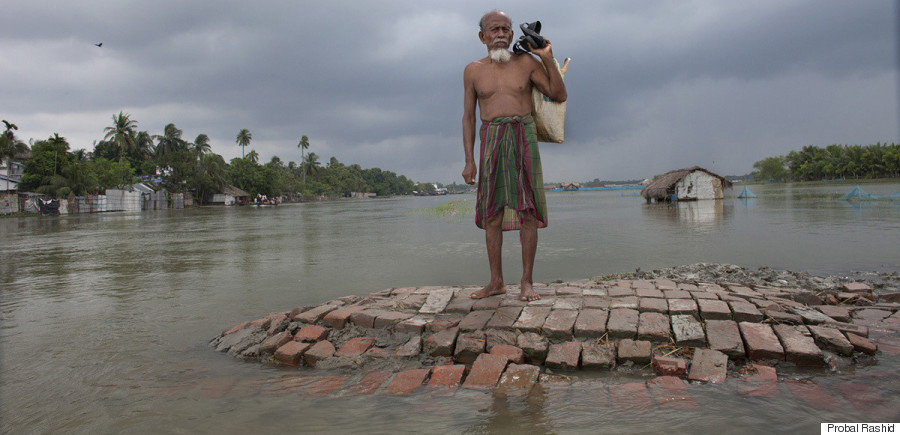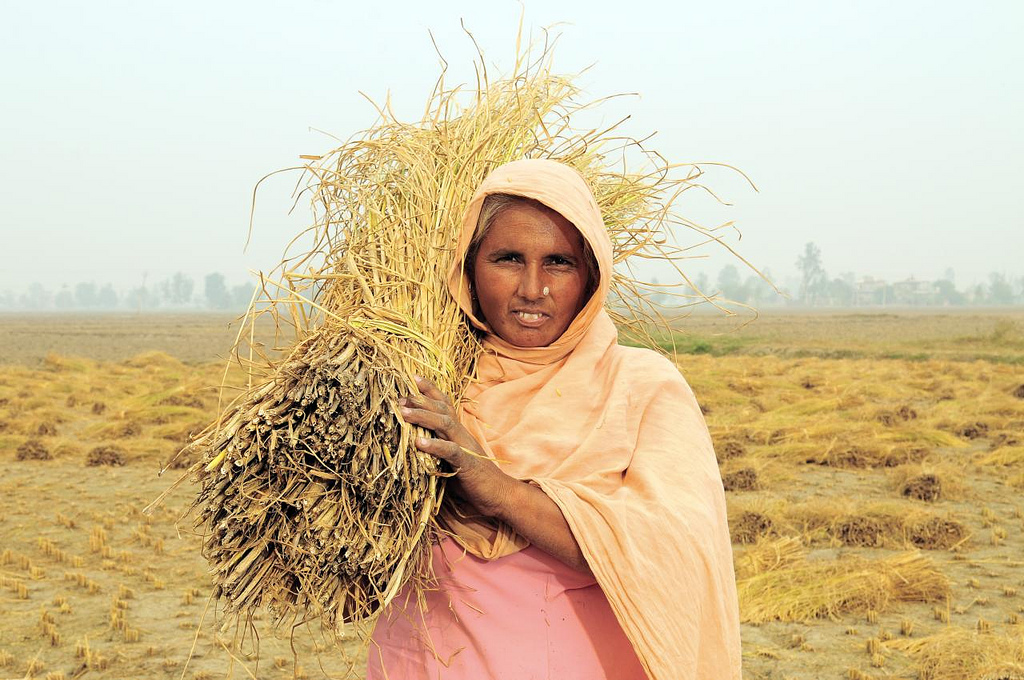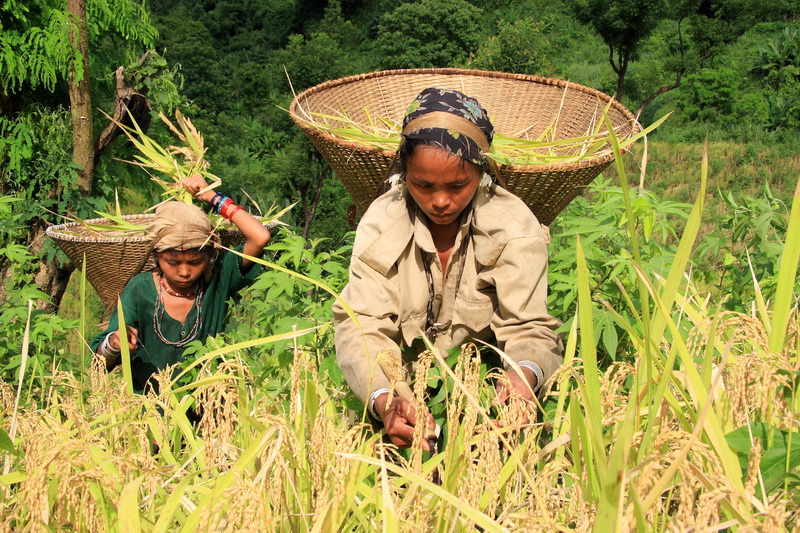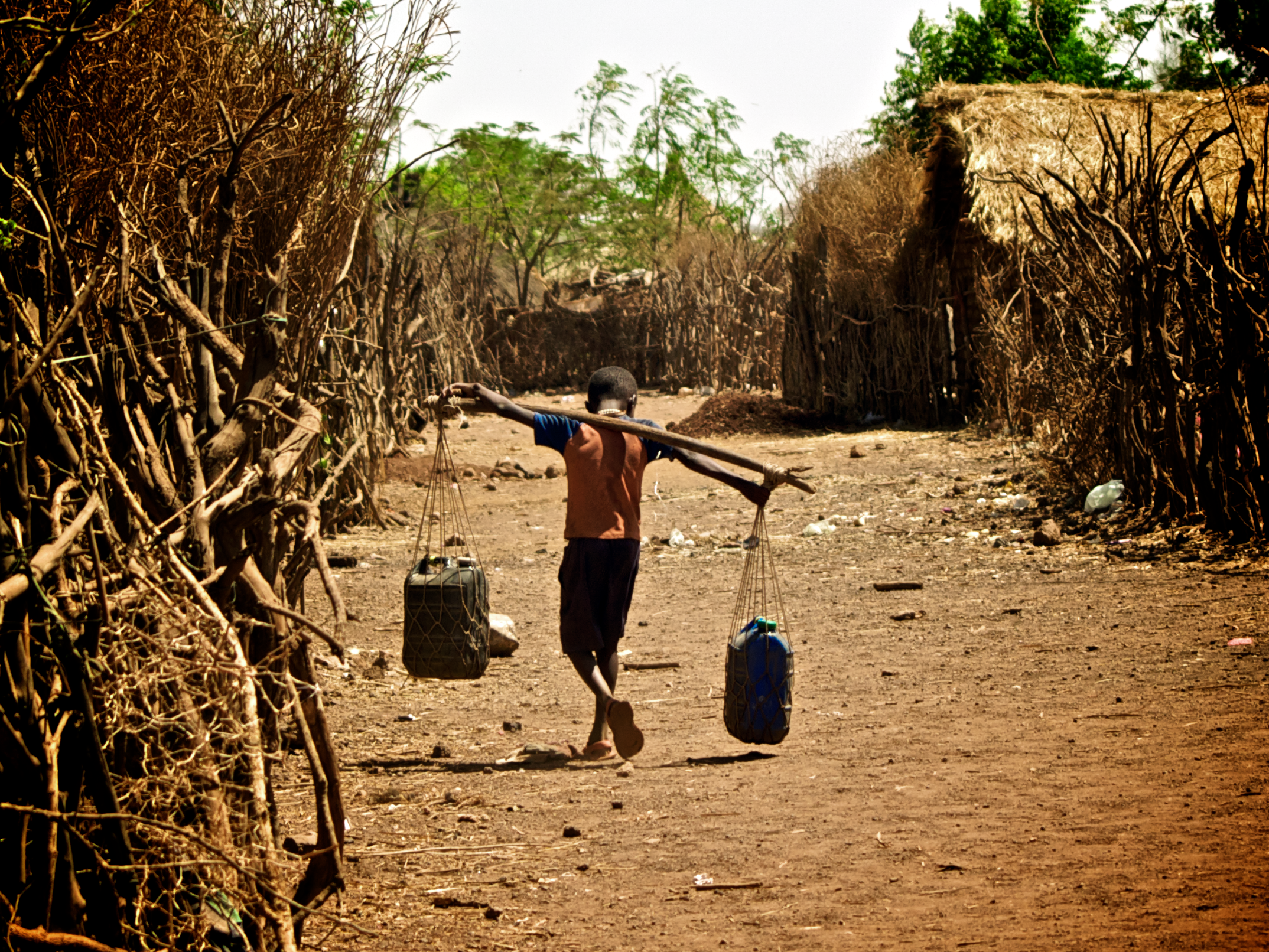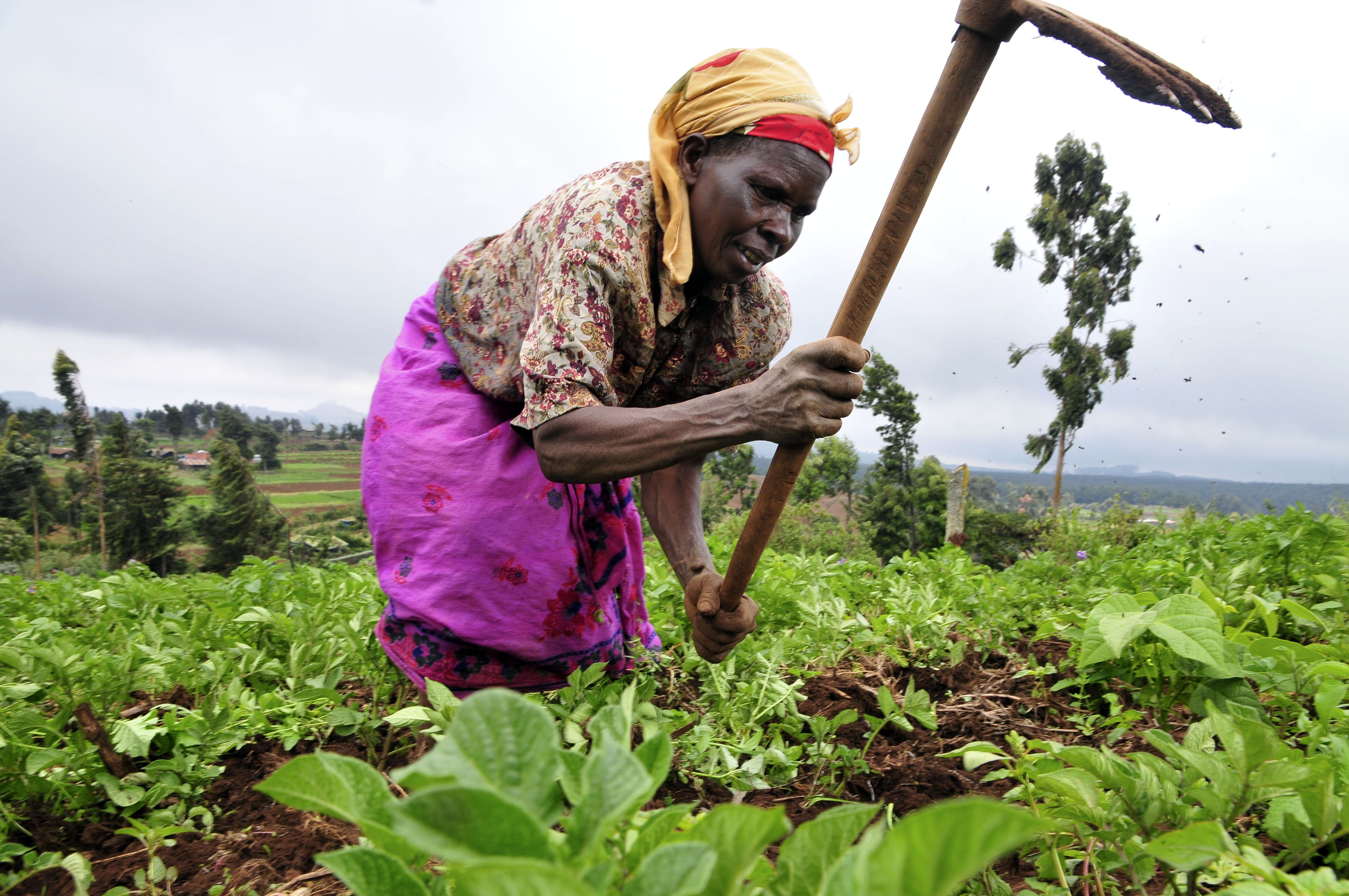The Philippines, leads the solar energy revolution in Asia, according to a Dutch consultancy firm, Solarplaza. The country topped the list in terms of the use of solar photovoltaic systems for electricity generation.Rotterdam-based Solarplaza conducted the study among developing countries in Asia. “The country is still relatively young when it comes to solar development, but…Read More

